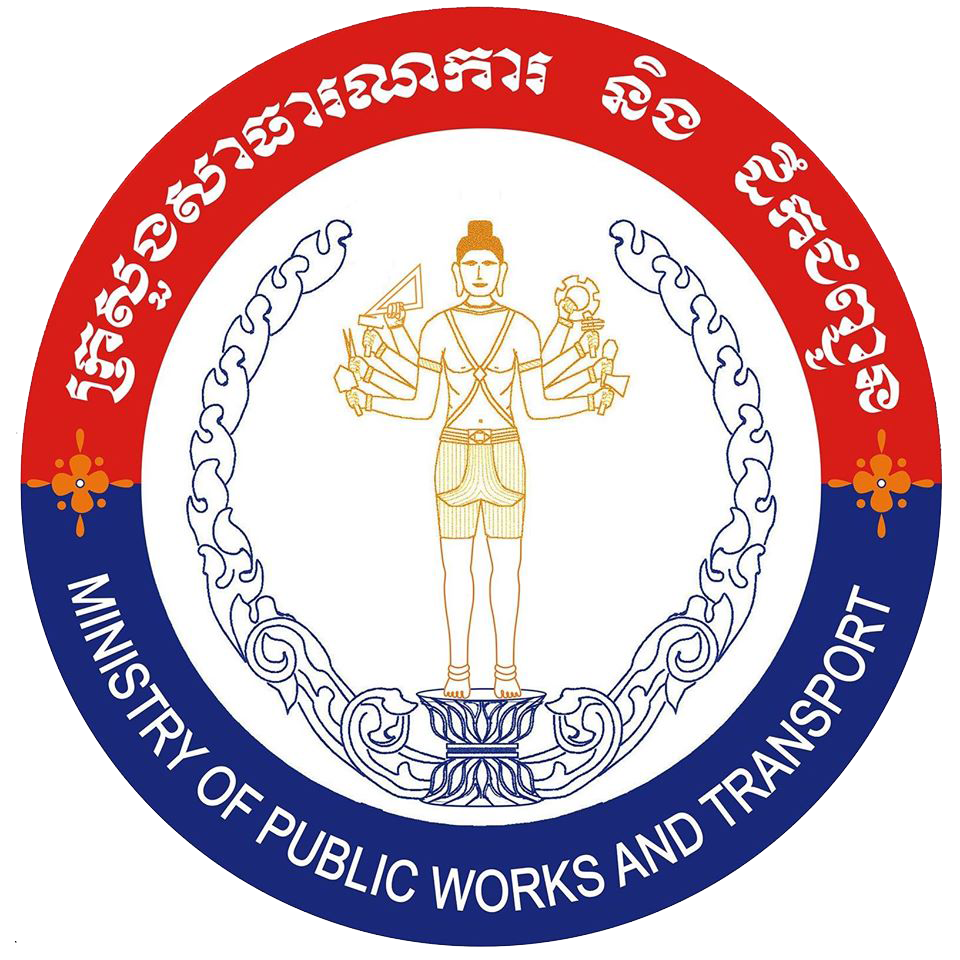- Home /
- Sectors /
- Service Provider Sectors /
- Freight Forwarders
Freight Forwarders
A freight forwarder is a person or company that acts as an agent to move the cargo from its origin to a destination within a timeframe, requested by a client. Freight forwarders are usually experienced in solving logistics problems – often associated with cross-border issues. A freight forwarder acts as an agent when he performs functions on behalf of, and/or under the instructions of, the client (i.e., exporter or importer). As an agent, the forwarder will procure the services of third parties who would perform the packing, storage, transport, handling and customs clearance of the goods. Freight forwarder may arrange the contract directly with carriers or use their client’s negotiated contract. Often freight forwarder will look for solution to solve problem that can occur with a shipment. Freight forwarder also can provide advices to shipper/consignee about freight costs, port charges, shipping insurance costs, terminal handling fees and so on.
There are different types of freight forwarders, depending on the activities they carry out and/or areas of expertise each freight forwarder is specialized in. Some freight forwarders have customs brokerage license and others do not. From the highest to the lowest level of services, the following types of operators and agents can be distinguished as freight forwarders; namely Consolidators, Intermodal Transport Operators, Custom Brokers, and Port (Seaport, Airport or Cargo Terminal) Agent. It is also possible for a forwarder to enter into “hybrid” arrangements, acting as agent for certain functions and as principal for others.
